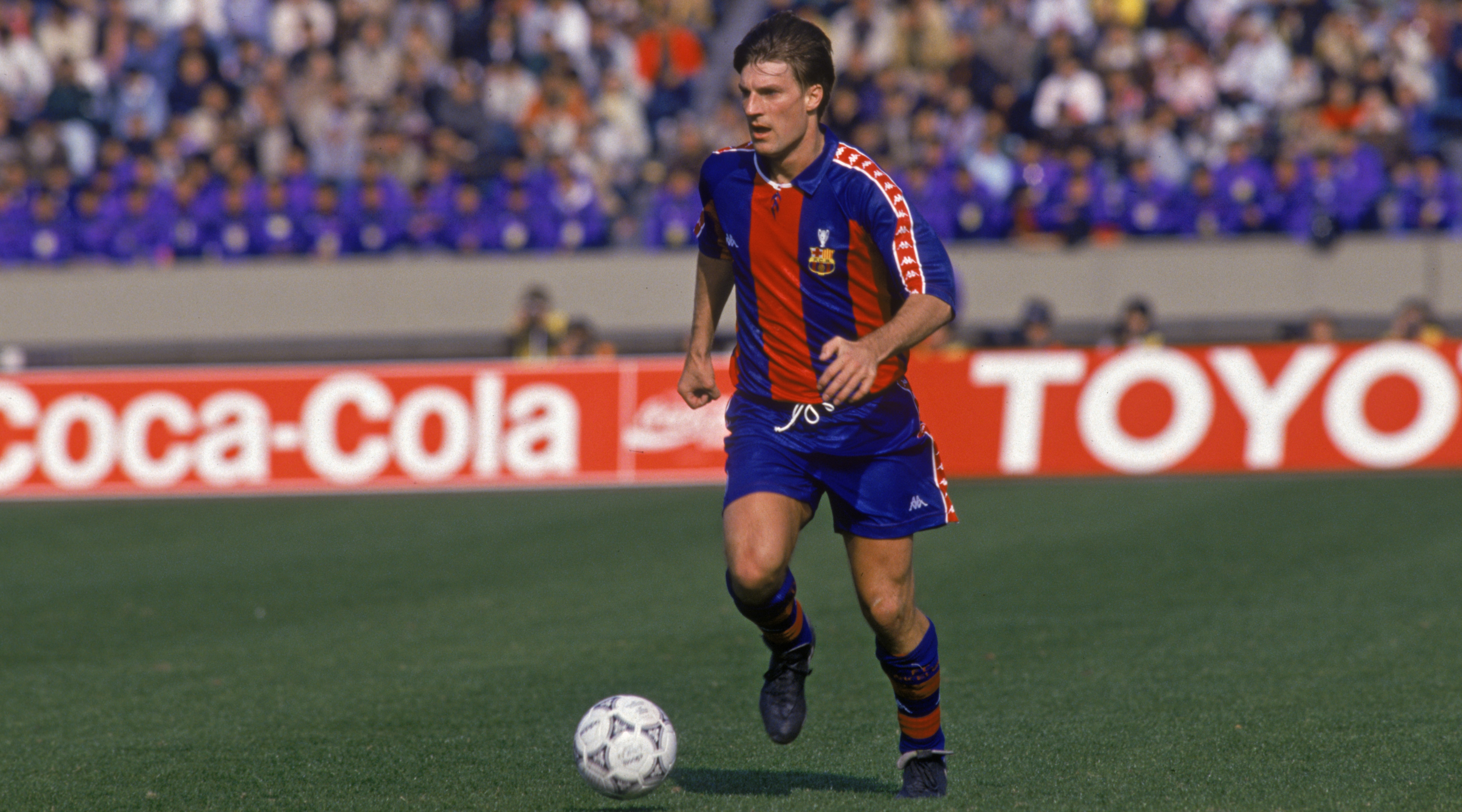‘I wanted to wear 77 at Liverpool to combine my idols Keegan and Dalglish, who were both No.7, but they told me it was too high’ Jari Litmanen on what it meant to sign for Liverpool
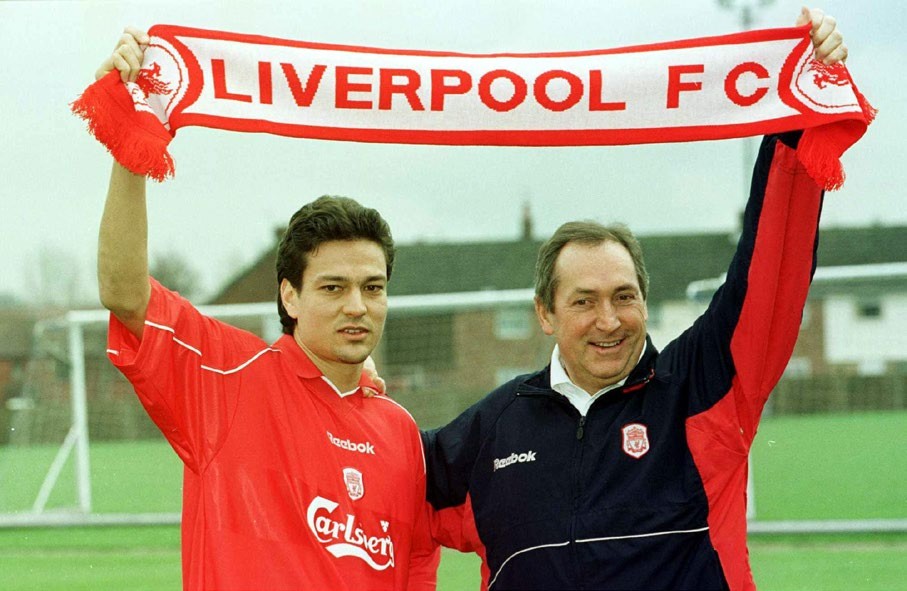
By the time Jari Litmanen signed for Liverpool in 2001, he was already a European Cup winner with four Eredivisie medals from his time at Ajax, when he established himself as one of the best players in Europe.
The Finn had come a long way from his failed trial at Leeds United almost ten years earlier and despite achieving so much in the game, his move to Anfield saw him fulfil a childhood dream as he signed for the club he grew up supporting.
Litmanen would spend 18 months on Merseyside following his January 2001 move and while injuries meant he did not have the kind of impact that matched his talent, he admits it was a special time.
Jari Litmanen on his Liverpool spell
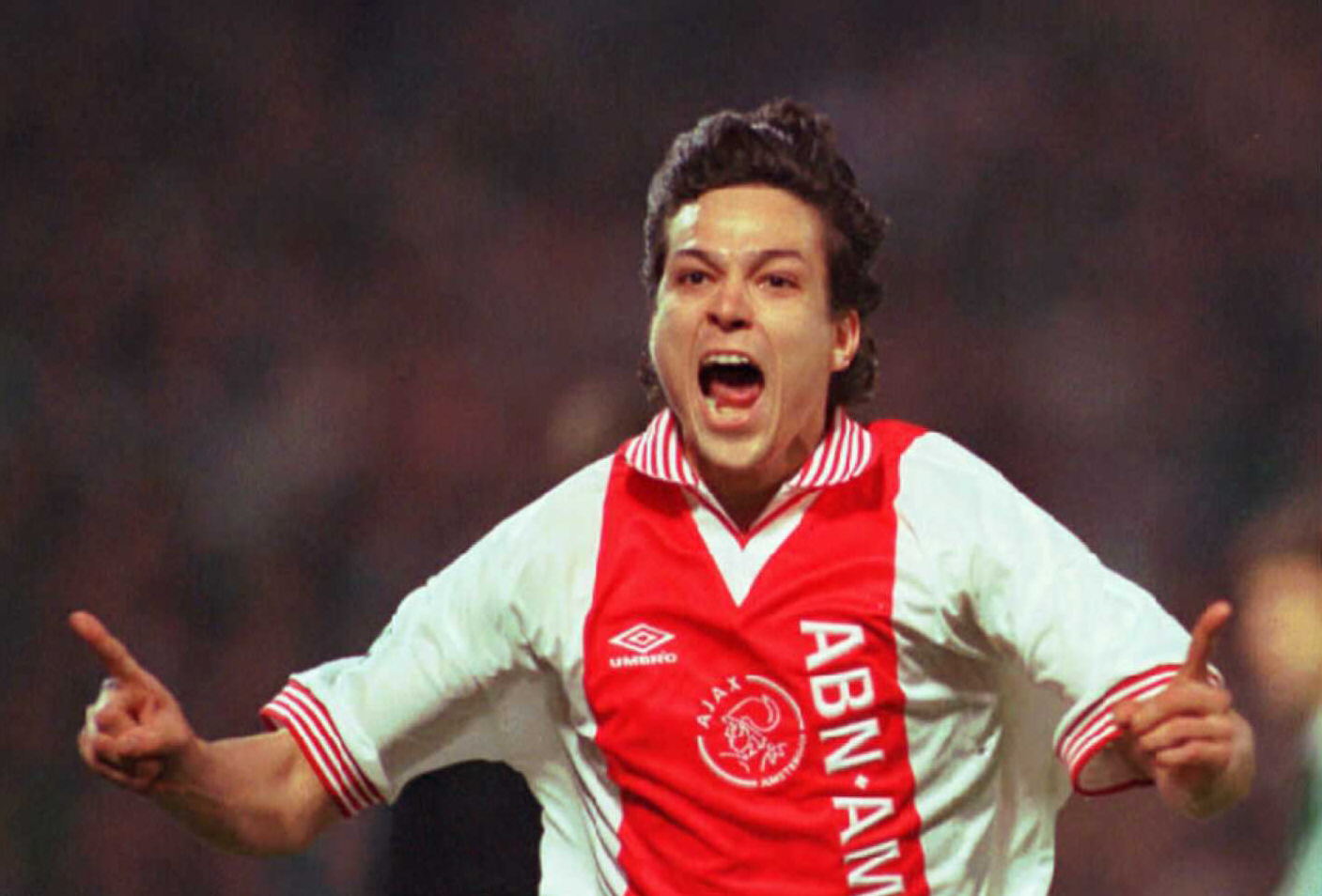
“I was five years old when I started following Liverpool and my first idol was Kevin Keegan,” Litmanen tells FourFourTwo. “When he moved to Hamburg, I couldn’t watch him as often, but I started to admire his replacement, Kenny Dalglish – he was clinical in front of goal, technically gifted and moved so intelligently.
“I grew up watching Liverpool more than any other team, so when I joined the club in 2001, it was special. When they asked what number I wanted, they assumed I’d say 10, but I said, “What about 7?” It was already taken by Vladimir Smicer. “What about 17?” Steven Gerrard had it. “How about 27?” Gregory Vignal.
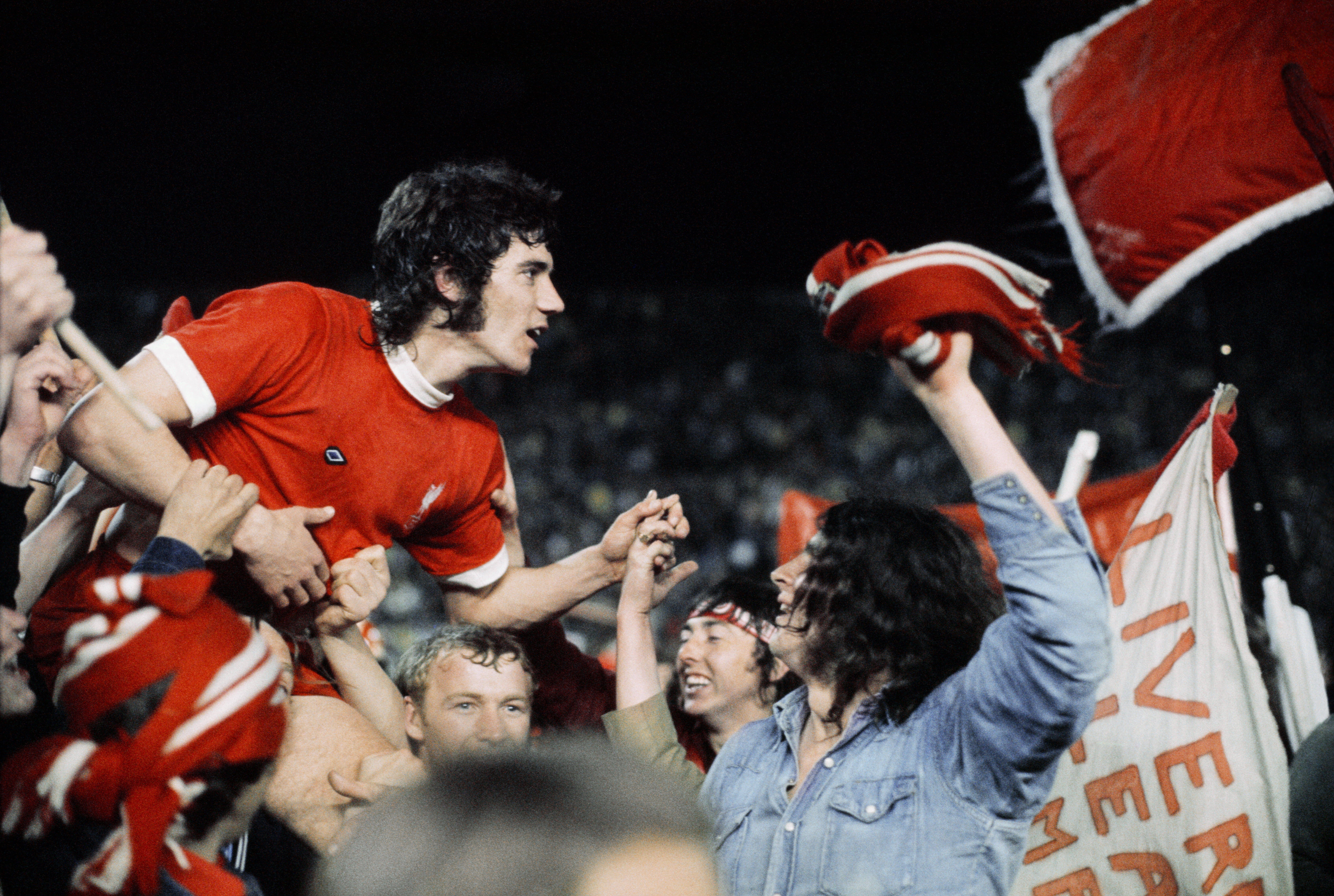
“Then I asked for 37 – actually, I first asked for 77, because I wanted the 7 of Keegan and the 7 of Dalglish, but they told me that was too high and would be the biggest number in the league. So 37 was perfect. Three times seven – Keegan, Dalglish and me.
Litmanen arrived midway through Liverpool’s cup-winning treble season of 2000/01, joining a fearsome frontline.
The best features, fun and footballing quizzes, straight to your inbox every week.
“I started well, especially as Michael Owen was struggling with hamstring problems and Robbie Fowler was also injured quite often,” he recalls. “In the first months, I was playing well, but then I got injured in a game between England and Finland at Anfield – I broke my wrist.
“That meant I had to miss the last two months of the season and couldn’t play in the three cup finals we reached. I also had to compete for a place with Owen, Fowler and Emile Heskey. All three were regular starters for England, and two of them came through the Liverpool academy.
“They were all playing well – especially Michael, who went on to win the Ballon d’Or. Robbie was considered a god by Liverpool fans, and Emile was the most expensive signing in the club’s history at that time.
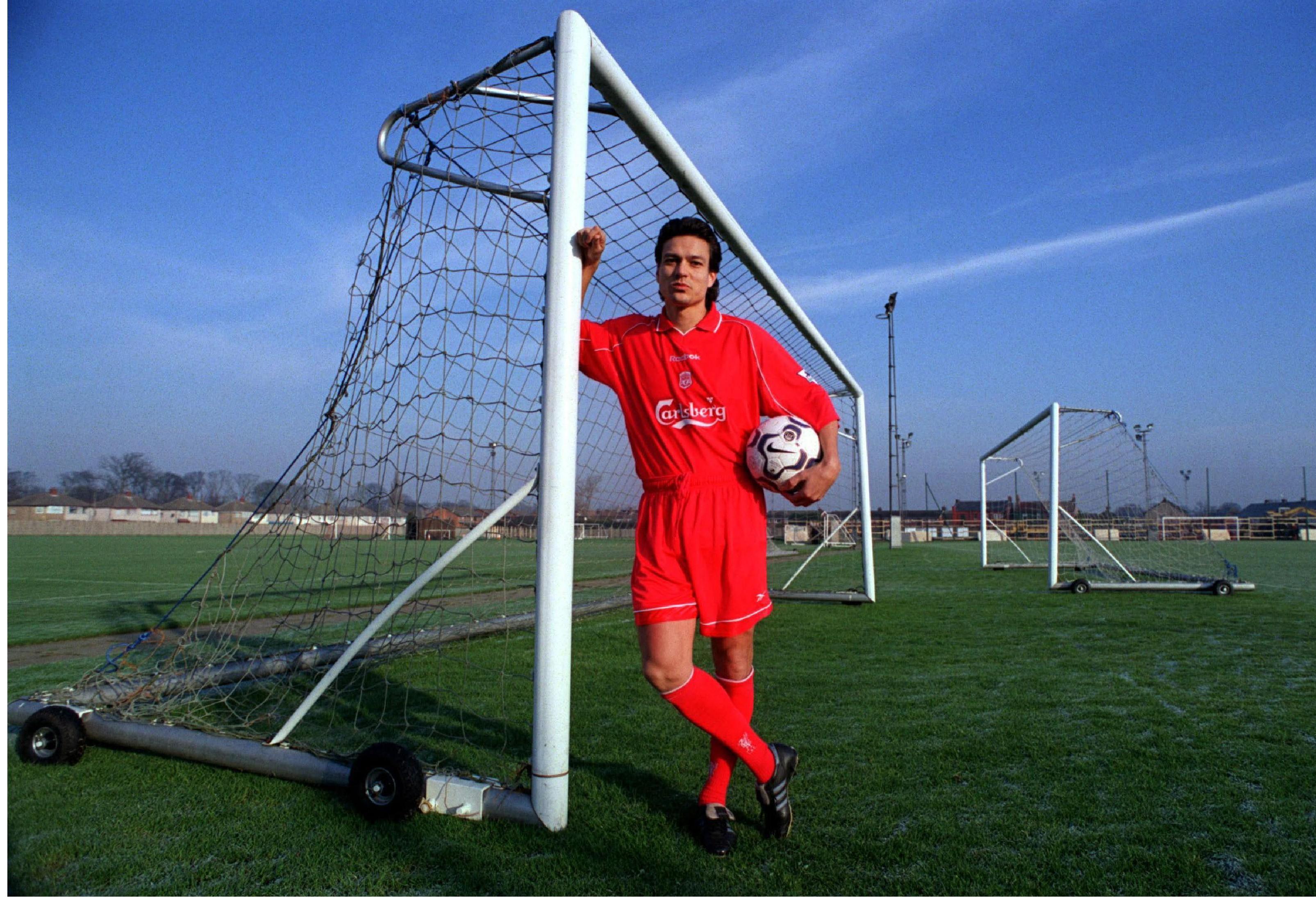
“I was ready and suited the system we used, but didn’t play as much as I expected to. It was a bit frustrating because I was never injured, but it was difficult to earn a place.
So how does the 54-year-old look back now at his time at the club?
"Going to Anfield as a player was special,” he says. “The atmosphere felt so unique. Then, wearing the famous red shirt for the first time in the Premier League at Aston Villa, it was a dream come true.
For more than a decade, Joe Mewis has worked in football journalism as a reporter and editor. Mewis has had stints at Mirror Football and LeedsLive among others and worked at FourFourTwo throughout Euro 2024, reporting on the tournament. In addition to his journalist work, Mewis is also the author of four football history books that include times on Leeds United and the England national team. Now working as a digital marketing coordinator at Harrogate Town, too, Mewis counts some of his best career moments as being in the iconic Spygate press conference under Marcelo Bielsa and seeing his beloved Leeds lift the Championship trophy during lockdown.
You must confirm your public display name before commenting
Please logout and then login again, you will then be prompted to enter your display name.
 Join The Club
Join The Club






